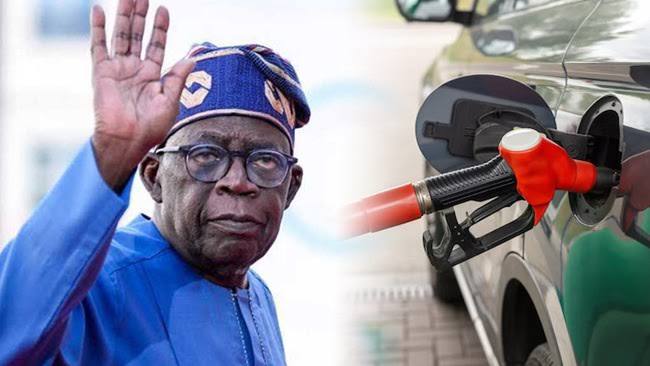
Under President Bola Tinubu’s administration, Nigeria’s daily petrol consumption has seen a significant decline, dropping by around 92% to approximately 30 million liters per day. This sharp reduction, which occurred after the fuel subsidy was removed in May 2023, marks a major shift in Nigeria’s energy landscape. Previously, the country consumed between 60 and 65 million liters of petrol daily, with a substantial portion attributed to smuggling to neighboring countries such as Benin, Cameroon, and Ghana, where fuel prices were much higher.
The fuel subsidy, which had been a long-standing policy in Nigeria, kept domestic petrol prices low, but it also led to widespread inefficiencies and massive financial burdens on the government. As a result, the true level of domestic consumption was obscured, with artificially high figures due to both smuggling and improper monitoring of fuel distribution. With the subsidy gone, the government has now gained a clearer picture of the nation’s actual fuel needs, with consumption stabilizing at a more realistic level.




